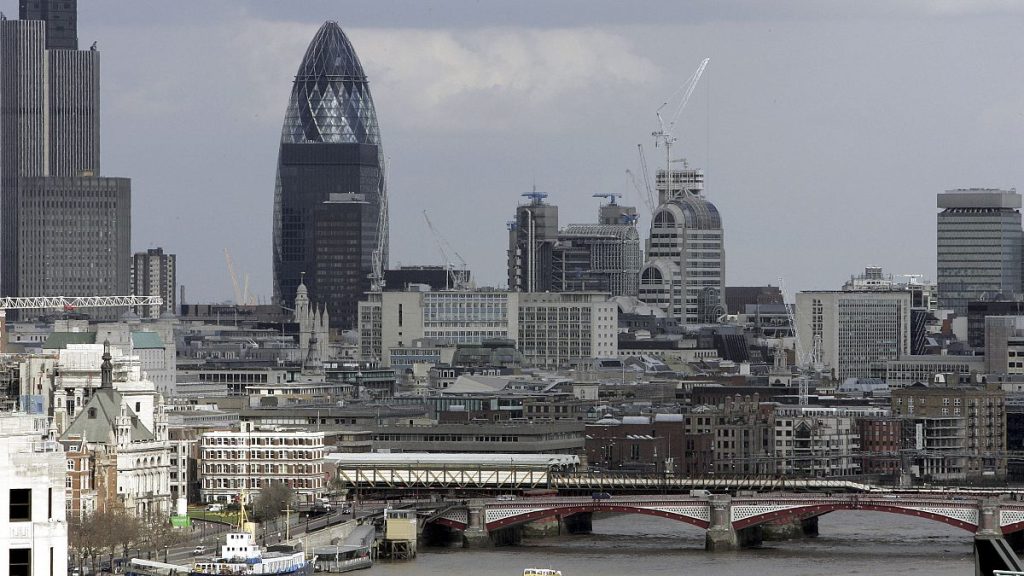The UK economy experienced a modest resurgence in November 2024, with a 0.1% growth in GDP following a contraction of the same magnitude in October. This positive development comes as a welcome reprieve for Chancellor Rachel Reeves, whose fiscal policies have been under scrutiny following recent bond market turbulence. The growth was primarily driven by the services sector, offering a glimmer of hope amidst ongoing economic challenges. However, the broader picture remains subdued, with zero growth recorded over the three months leading up to November, indicating a persistent stagnation in economic activity.
This fragile recovery is tempered by the enduring complexities of the global economic landscape. While the November growth offered a moment of optimism, it was quickly overshadowed by the persistently high trade deficit. This deficit widened considerably, reaching £10.8 billion in the three months to November, highlighting the difficulties faced by UK businesses in navigating international trade. The decline in both exports and imports contributes to a concerning picture of reduced economic engagement on the global stage, raising concerns about the long-term health of the UK economy.
Experts point to a confluence of factors contributing to this precarious situation. The incoming US administration, while presenting potential opportunities for closer trade ties, also introduces uncertainties surrounding future policy direction. Simultaneously, the UK government’s efforts to strengthen relationships with the EU and China represent a strategic move to diversify trade partnerships and bolster economic resilience in the face of global volatility. However, navigating these complex geopolitical dynamics presents significant challenges for UK businesses seeking to thrive in international markets.
Furthermore, the global trade environment remains highly unpredictable, adding another layer of complexity for UK businesses. Recent volatility in UK markets serves as a stark reminder of the risks inherent in international trade, including currency fluctuations and supply chain disruptions. In this uncertain climate, businesses are urged to adopt proactive measures to mitigate potential risks, such as implementing robust hedging strategies and securing access to finance. Strategic planning and risk management are crucial for businesses aiming to navigate the turbulent global landscape and achieve sustainable international growth.
A surprise drop in December’s inflation figures provided a brief respite, offering a much-needed boost to market sentiment and potentially paving the way for a further interest rate cut by the Bank of England. This would provide welcome relief for borrowers struggling with high mortgage and debt repayments. However, the long-term outlook remains clouded by persistent inflationary pressures stemming from higher energy prices and the impending impact of tax hikes introduced in Reeves’ Budget. These tax increases, set to take effect in April, are expected to further burden businesses, potentially leading to price increases for consumers and impacting job security and wage growth.
In conclusion, the UK economy remains in a delicate state, characterized by sluggish growth and persistent challenges in the international trade arena. While the November GDP growth and the December inflation dip offer glimmers of hope, the underlying economic vulnerabilities remain significant. The combined pressures of a widening trade deficit, global uncertainty, and impending tax hikes pose considerable risks to the UK’s economic recovery. Navigating these complexities will require decisive action from businesses and policymakers alike, with a focus on strategic planning, risk mitigation, and fostering international partnerships to build a more resilient and sustainable economic future.














